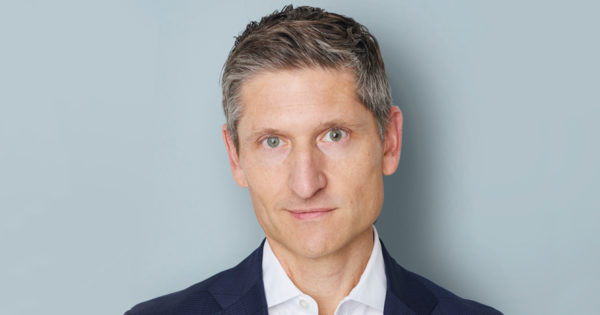
The events of 2020, from the Covid-19 pandemic to the Black Lives Matter movement and the wildfires raging out west, have amplified the pressure on brands to be more than purveyors of goods and services, and the world’s largest retailer seeks to heed that call.
“When you are as big as we are there is an opportunity—and I’d say a responsibility—to use our size and our scale and our power as a force for good,” William White, Walmart’s CMO, said during his address at this year’s ANA Masters of Marketing conference.
White said Walmart’s aim, which the company refers to as “Delivering Shared Value,” is to go “above and beyond” what customers seek from the retailer such as affordable quality products.
“How we delivered shared value over the past six decades has changed as our customers’ needs have changed and the world has changed,” he said.
Hurricane Katrina’s impact
White pointed to the company’s response to Hurricane Katrina in 2005 as not only as an example of the retailer’s past efforts to help make the world better place, but also as an inflection point.
In the aftermath of the devastating natural disaster, he discussed how Walmart coordinated its emergency response center with its logistics team to deliver critical supplies to first responders and victims when the government was unable to. White also noted that Walmart was the first retailer to open its stores in the flood zone to ensure community members had access to essential items.
That initial response served as a rough blueprint for how Walmart has come to the aid of communities affected by the wildfires raging out west, White said. The discounter’s experience with Hurricane Katrina was a watershed, helping it to realize the positive impact it could have when called upon.
White said it was two months after Walmart’s response that its executives began to weigh how the retailer could continue to make the country and the world a better place, leading to former CEO Scott Lee’s 2005 speech on leadership in the 21st century and “how Walmart could use our size and our reach to become a friend and an ally to all.”
“We recognized that being a good steward of the environment and communities and being an efficient and profitable business were not mutually exclusive,” White said. “Lee said in fact they are one and the same.”
That’s when Walmart “went on the record” with progressive environmental goals, White said. To build on that, current CEO Doug McMillion recently committed the company to achieve zero emissions in its operations by 2040 as well as to help protect, manage and restore at least 50 million acres of land and 1 million square miles of ocean by 2030.
Tackling diversity, equity and inclusion
But even more importantly, White said, “2020 will also be known for the continued drive for racial equity and the fight against systematic racism.”
The Black Lives movement inspired Walmart, according to White.
“It was incumbent that we that do more, both internally and externally, to help the country advance towards a more equitable and more fair society,” he said.
In early June, for example, Walmart announced that it and the Walmart Foundation would donate some $100 million to create a new center for racial equality, which would in turn focus issues related to finance, health care, education and the criminal justice system.
In its own business practice, Walmart will give minority-owned businesses greater economic access, while improving recruiting efforts to ensure that formerly incarcerated applicants are appropriately considered for jobs as they reenter the workforce.
https://www.adweek.com/retail/how-walmart-plans-to-become-a-force-for-good/

